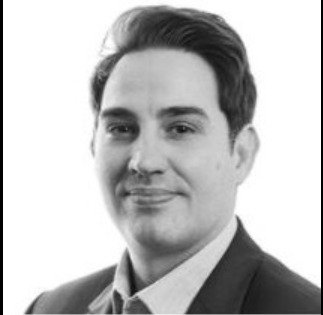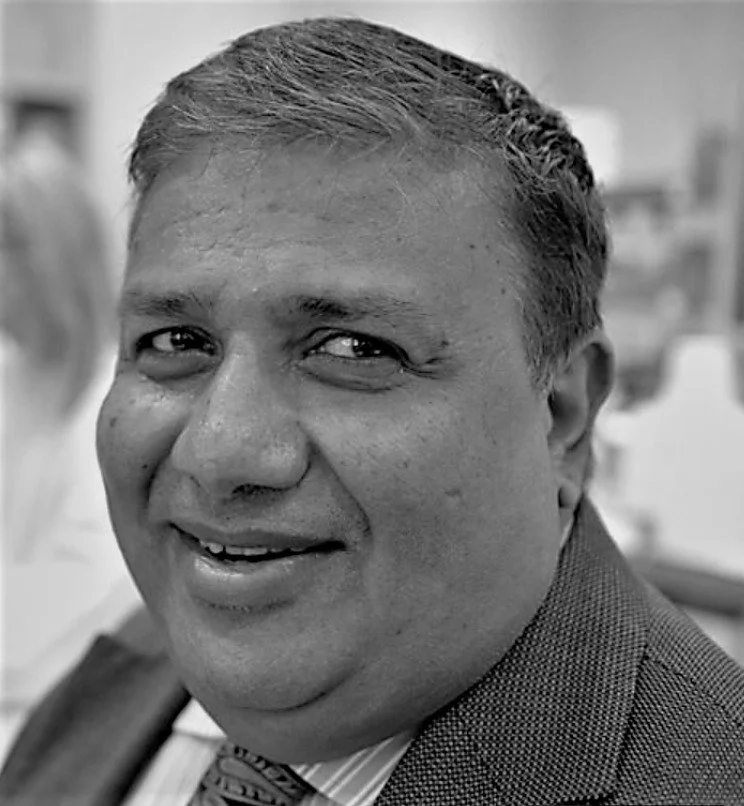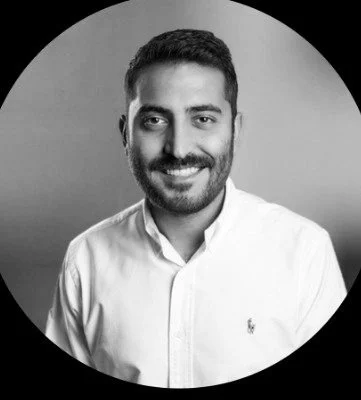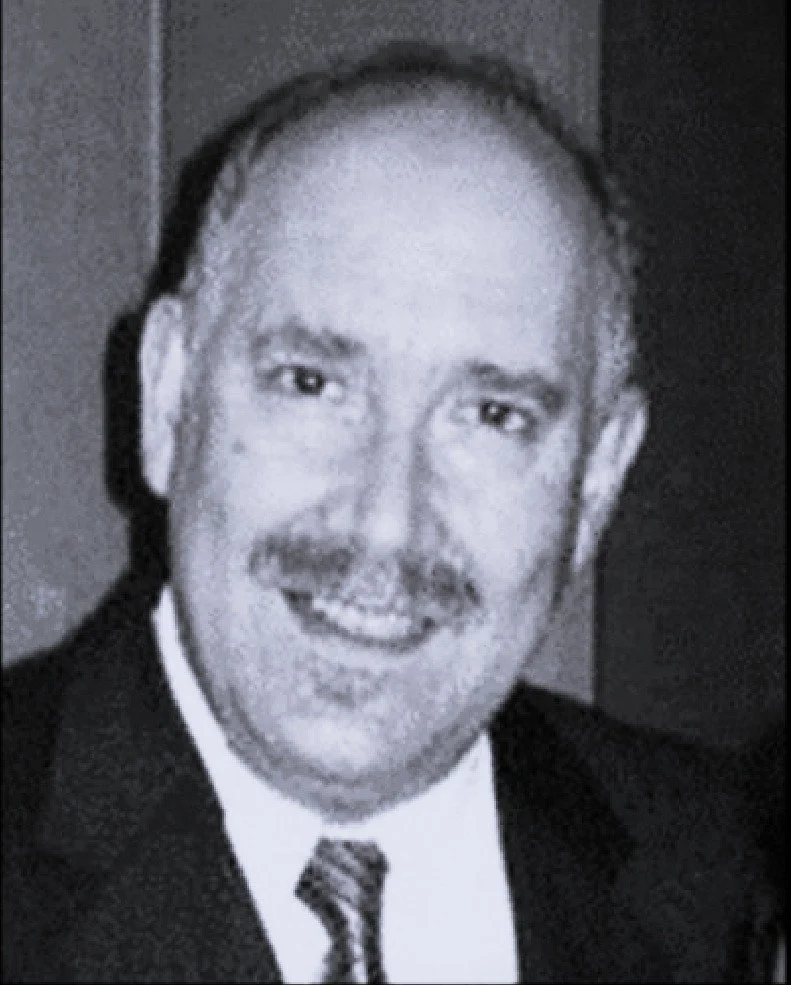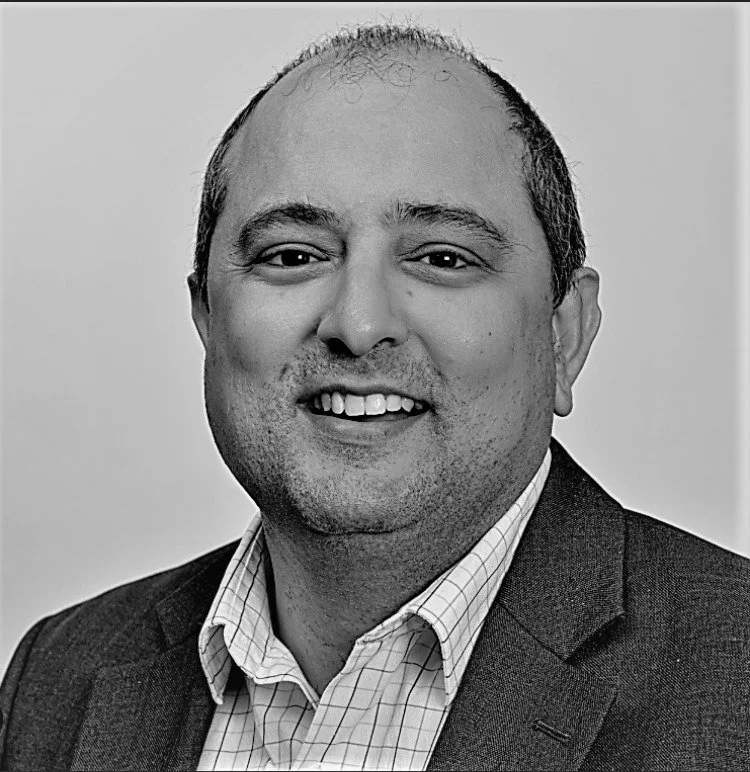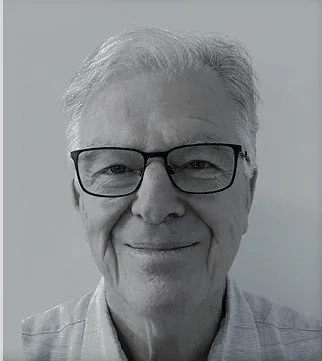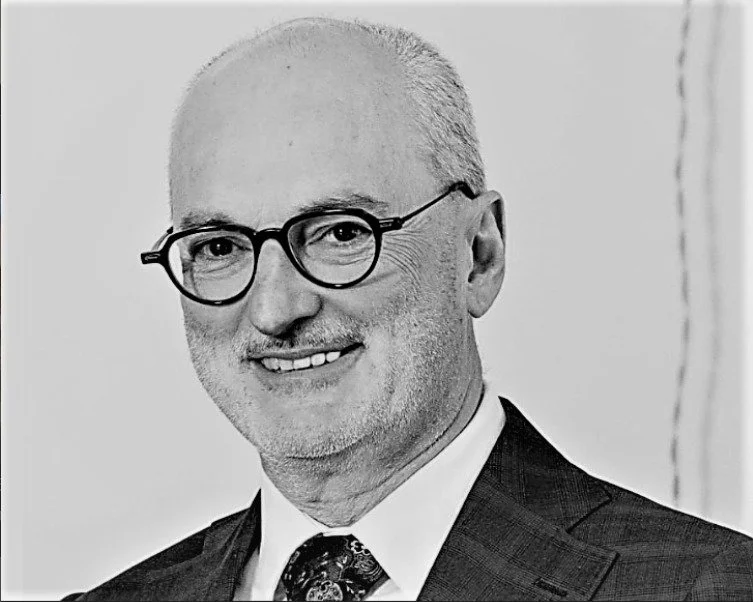Carefully Timed
A World First in Predictive Analytics
Our breakthrough technology is a world first predictive analytics tool that provides actionable insights to improve the health & well-being of everyone.
Leveraging proprietary immune mapping technology, our data indicates that we are able to predict the ideal time in future to administer medical treatments, vaccinations, surgical procedures, therapies, and general health and well-being practices.
Our unique discovery empowers us to identify optimal days and times to achieve the best possible outcomes in the shortest possible times and with the least risk.
The Immune Cycle consists of two sets of cells (T-Effector and T-Regulatory cells) completing very necessary tasks in a well orchestrated and time dependent manner.
The Immune Cycle
It is the role of the T-Effector cells to identify, destroy and remove the dead mutated cells in our bodies. This process is suppressed by T-cell Lymphocytes (Tregs).
We have discovered that T-Effector cells are produced cyclically to complete this task. These cells clonally expand at an exponential rate however, is shut down by Tregs to prevent any potential adverse impacts such as cytokine storms or other harm associated with an over active immune system.
It is advantageous to understand when in time the T Effectors and T Regulatory Cells are present in order to effect the ideal response.
Applications
Preventative Vaccinations
The effectiveness of preventative vaccines such as the influenza vaccine varies drastically between individuals. Individuals may experience protection, no protection or adverse events such as fevers and other flu like symptoms. If vaccines are administered in accordance with the immune Cycle, greater rates of protection with less side effects may be achievable.
Accurate Diagnosis
Our biomarkers are changing on a daily basis.
Understanding and defining the normative parameters of an individuals oscillating biomarkers are imperative to understanding the prognosis and correctly treating them.
All patient’s may need to have their Immune Cycle’s monitored to understand their true level of disease.
Cancer Treatment
Our clinical studies show that there is a window within a patient's Immune Cycle where if treatment is administered, a patient can be completely cured. This explains the spectrum of responses currently seen and why only a minority of patients are cured. De-randomising treatment and timing it with the Immune Cycle has the potential to increase cure rates drastically.
Physical Rehabiltation
Conducting rehabilitation in accordance with the Immune cycle will allow for a periodized loading and unloading plan to enhance recovery while reducing risks. This should allow for an safer and speedier recovery.
Health & Wellbeing
The Immune Cycle can become part of everyone’s daily routine. The ability to make informed decisions about sleep, when to exert oneself, when to work hard, exercise, take certain supplements and medications may benefit the quality of an individual’s personal health and well-being.
Neurological Conditions
Many neurological conditions including depression, anxiety and epilepsy may be linked to neuroinflammation. Lifecycle may be able to assist these individuals by anticipating episodes as well as by timing the treatment of them in accordance with their idiosyncratic immune cycle.
Surgical Procedures
Unexplained variations are due to the fact that the surgery is performed randomly with respect to the Immune Cycle. The timing of surgical procedures with the Immune Cycle has the potential to shorten the length of recovery and avoid excess inflammation.
Professional Sports
The timing of loading and recovery activities can lead to more optimal results.
The Immune Cycle will also act as a communicative tool between coaches and athletes to determine periods of high performance or high risk.
Research & Pipeline
CANCER TREATMENT
We are conducting a phase 2 clinical trial in late stage cancer patients. The efficacy of cancer treatments for late stage cancer patients has long been underwhelming with only a minority of patients achieving complete responses.
Our research demonstrates that patients have a significantly higher chance of achieving a complete response when timing the administration of therapy.
VACCINATIONS
With ethics approval obtained for two separate clinical phase 2 studies, we are partnered with St Vincent’s Hospital to investigate the importance of the Immune Cycle with respect to the influenza vaccine and a hepatitis B vaccine. We hypothesise a correlation between the effectiveness of the vaccines and the phase of the Immune that it is administered.
CELLULAR DAMAGE & REPAIR
We currently have a clinical trial underway with Swinburne University of Technology investigating the consequences on the body of incurring cellular damage at different phases of the Immune Cycle. We anticipate that repair of tissue may occur faster depending on when in the Immune Cycle damage occurs.
Our Team
Daniel Trenton
Managing Director & Founder.
Daniel founded Lifecycle Technologies. He is an inventor on its patents and has been instrumental in the formulation and prosecution of them. Daniel previously served as a CEO of a dynamic privately owned investment firm based in Melbourne. Daniel is also an Australian Legal, a dual Olympian and Australia’s most decorated and successful Taekwondo athlete, having won a Silver medal at the Sydney 2000 Olympic Games.
Professor Kumar Visvanathan
Scientific advisory board member (Infectious diseases)
Professor Kumar Visvanathan is a specialist in infectious diseases and the immunology of the innate immune system with a career spanning over three decades. He is currently the Clinical Director of Medicine & Emergency Services and Co-Director of the Immunology Research Centre at St. Vincent's Hospital (Melbourne).
Levent Shevki
Corporate Advisor
Levent is a CEO/Partner at law firm Cornwalls. He specialises in mergers and acquisitions, capital markets, financial services law and capital raisings. He has
more than 18 years’ experience advising corporates, financial investors and financial institutions and has led, managed, and closed mergers and acquisition transactions, fundraisings and financings, predominantly ranging from A$20M to A$150M.
Luke Ashdown
Cofounder & COO
Luke cofounded Lifecycle Technologies with Daniel. He currently serves as a director of the company and its COO. Luke has been instrumental in the formulation and prosecution of Lifecycle’s suite of patents. He is an Australian legal practitioner and also serves as Jaszac Investment's legal counsel. He has extensive experience in private practice and has acted for one of Australia’s largest pharmaceutical retailers.
Martin Ashdown
Chief Scientific Officer
Martin serves as Lifecycle’s CSO. He is fellow at The University of Melbourne, an immunologist and responsible for much of the body of work on the immune cycle in the chronic disease state to date. He has designed and co-chaired numerous clinical trials investigating the immune cycle. Martin has been and continues to be instrumental in the design and supervision of Lifecyle’s clinical program.
Associate Professor Sid Baxi
Scientific advisory board member (Oncology)
Associate Professor Siddhartha (Sid) Baxi is a Radiation Oncologist and Medical Director at GenesisCare Gold Coast. He works within the clinical oncology network of specialists at John Flynn Hospital, and in the Southport, Tweed and Pindara regions. He also severs as the Technology Platform and Innovations Clinical Lead for GenesisCare. His academic links are with Griffith University and Menzies School of Health Research. A/Prof Baxi is a member of the Faculty of Radiation Oncology branch of our medical college, RANZCR, and Chair of the Targeting Cancer Campaign.
Alan Liddle
Corporate Advisor
Alan has over 30 years of research and executive management experience in the medical and the biotechnology research sector encompassing immunology and
bio-therapeutics for cancer and auto-immune diseases, cardiology, neuroplasticity, microbiome, regenerative medicine, and rehabilitation Alan sits on the board of a number biotechnology companies in Australia.
Dr Slavisa Tubin
Scientific advisory board member (Oncology)
Dr. Tubin is a board-certified radiation oncologist and scientific investigator from Austria. He is currently working as the director of clinical radiobiology and co-scientific director at the MedAustron-Center for Particle Therapy and Research. Dr Tubin is currently also chairing a clinical trial investigating the impact of timing radiotherapy with the immune cycle.
Dr. Mark Cook
Scientific advisory board member (Neurology)
Professor Cook is a Melbourne-based neurologist who is highly qualified with many years of experience in the treatment of movement disorders, especially in the field of epilepsy. Professor Cook is recognised internationally for his expertise in epilepsy management, particularly imaging and surgical planning. He also has clinical interests in neuromuscular disease, multiple sclerosis and Parkinson’s disease. Professor Cook is The Sir John Eccles Chair of Medicine and Director of Clinical Neurosciences at St. Vincent’s Hospital.












